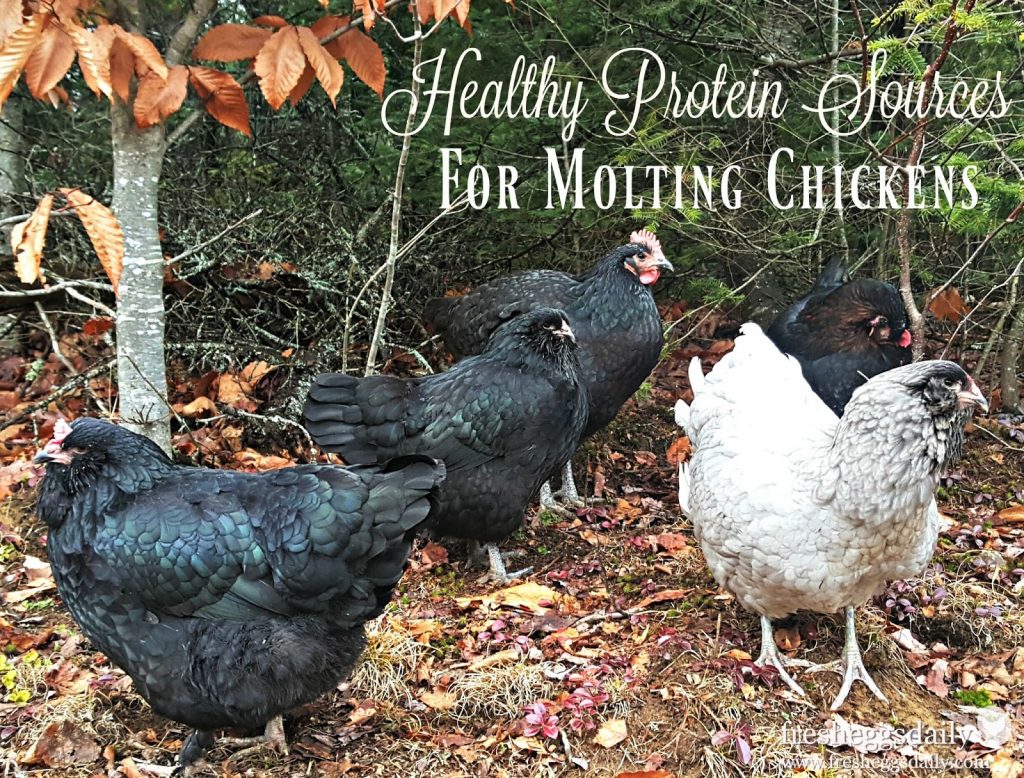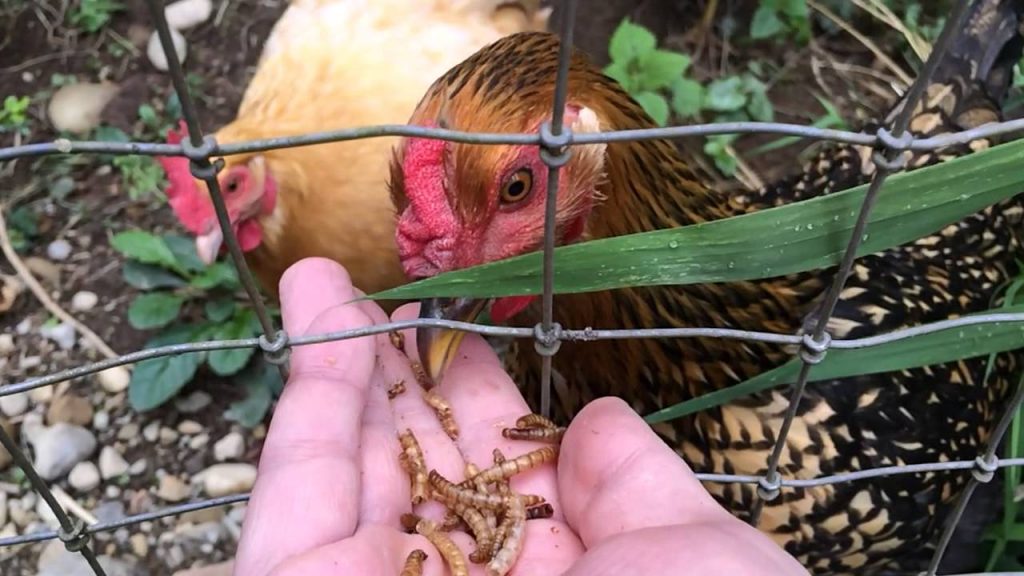
Discovering that your molting hens are losing their feathers can be alarming for inexperienced chicken keepers. Seeing a layer of feathers on the floor of the coop is unnerving and will make you immediately check your hens for any sign of illness or even an attack since that is usually the first thing that comes to our mind.
Most chicken molt from mid-summer to November. Each breed has its own schedule and if you are keeping a mixed coop, you will have to deal with feathers for a longer period. Breeds that molt in November, like Silver-Laced Wyandotte, can be in danger of exposure in cold winter nights, so some care to keep them warm them should be taken. The most practical solution is a heating bulb. It is easy to install and it won’t rake up your electricity bill.

Unfortunately, it won’t do anything to improve their looks, since molting hens can be quite a sorry sight. It is important to remember that this is a normal situation and not panic about it.
One of the side effects of molting is that hens reduce or even completely stop laying eggs. The reason is that hens use protein to create new feathers that will keep the war in the winter, instead of producing eggs. In order to speed up the process, you should increase their protein intake and here are some ways you can do it.
Digging the garden
Every time you are digging in your garden, let your chicken help. As you turn the earth, they will be more than happy to eat every little bug or worm you uncover.
Mealworms

If you don’t have a big yard for chickens to roam and feed themselves, you can bulk-order mealworms and give it to them.
Free Range
Keeping your chicken free to roam the yard can significantly increase their protein intake since they will devour every insect they find in the grass. This is by far the cheapest way of doing it.
Cooked Eggs
A cannibalistic solution, but a very effective one. Some warm scrambled eggs on a cold morning will be highly appreciated by your flock.
Commercial Chick Feed
There are plenty of commercial solutions on the market with increased protein content, designed for molting season.
No Carbs
If you are unable to do any of the above, the least you can do is to eliminate, at least temporarily, carbs from their diet. That means no cereals or leftover bread.

















